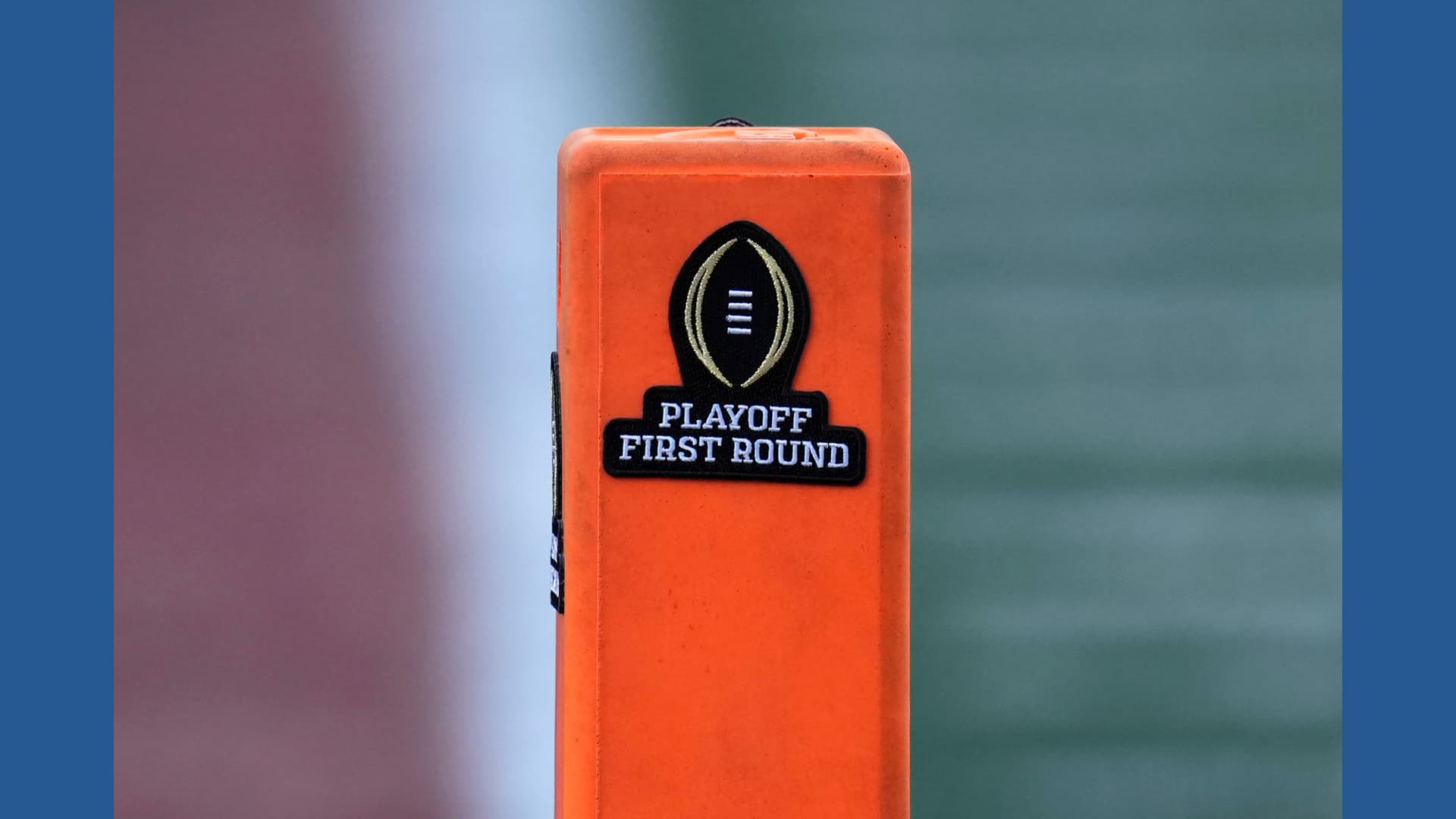MLS Aligns Calendar With Global Football, Moves To Summer To Spring
Major League Soccer will shift its season timing to match top international leagues, a move intended to sharpen its competitiveness in the global transfer market and boost commercial opportunities. A short February to May 2027 transition season will set qualification for key regional and domestic tournaments, and a new mid to late July start will usher in a July to May cycle beginning in 2027.
Listen to Article
Click play to generate audio
_0.png&w=1920&q=75)
Major League Soccer announced a sweeping calendar realignment that will move the league from a spring to autumn schedule toward a summer to spring model beginning with the 2027 to 2028 season. The league plans a transition campaign from February to May 2027 that will feature a 14 game regular season, playoffs, and MLS Cup, with those results determining 2027 qualification for the Lamar Hunt U.S. Open Cup, the Canadian Championship, the Leagues Cup, and the Concacaf Champions Cup.
The change represents one of the most consequential structural shifts in MLS history, designed to synchronize the league with the dominant global soccer calendar. Beginning in the summer of 2027 MLS will operate a season that starts in mid to late July and concludes with the Audi MLS Cup Playoffs and MLS Cup presented by Audi in late May 2028. The league will observe a midwinter break from mid December through early February with no league matches scheduled in January.
From a sporting perspective the realignment offers clear competitive advantages. Clubs will be better positioned to buy and sell players in concert with the European transfer windows, an alignment expected to reduce transaction frictions and make MLS clubs more agile in acquiring talent and monetizing player assets. The narrower February to May transition season creates a contained competitive environment to resolve 2027 tournament berths while avoiding a protracted adjustment period for teams and supporters.
Commercially the move has far reaching implications. Television and sponsorship deals are shaped by viewing patterns around the world and by marquee transfer activity. By placing its climax in late May the league aims to benefit from heightened international attention and smoother scheduling for players moving between MLS and European clubs. The midwinter break is likely to protect player welfare and create space for international club and national team competitions, which could in turn preserve player value and reduce injury risk over a longer seasonal arc.
Labor relations will be central to implementation. MLS is continuing to work with the MLS Players Association to finalize an agreement on the transition plan, a negotiation that will touch on contract timing, offseason compensation, and roster construction. The outcome will influence how quickly clubs can build squads optimized for simultaneous domestic and continental competitions.
Fans and communities will experience immediate changes to rhythms of attendance and local calendars. Clubs in colder markets will welcome a greater proportion of their schedule during milder months, but some traditional summer fixtures will shift, affecting family and youth soccer programming that has long been keyed to the current MLS timetable. Canadian clubs will likewise recalibrate around domestic and cross border cup competitions.
Strategically, calendar alignment is an assertion of MLS ambitions to be a full participant in the global market for players and audiences. It is a business decision with cultural resonance, reshaping when communities gather around their teams, when young players plan pathways, and when MLS positions itself within the global soccer ecosystem. The transition season in 2027 will test the league’s ability to manage change while laying a foundation for a more integrated and globally connected future for North American professional soccer.


